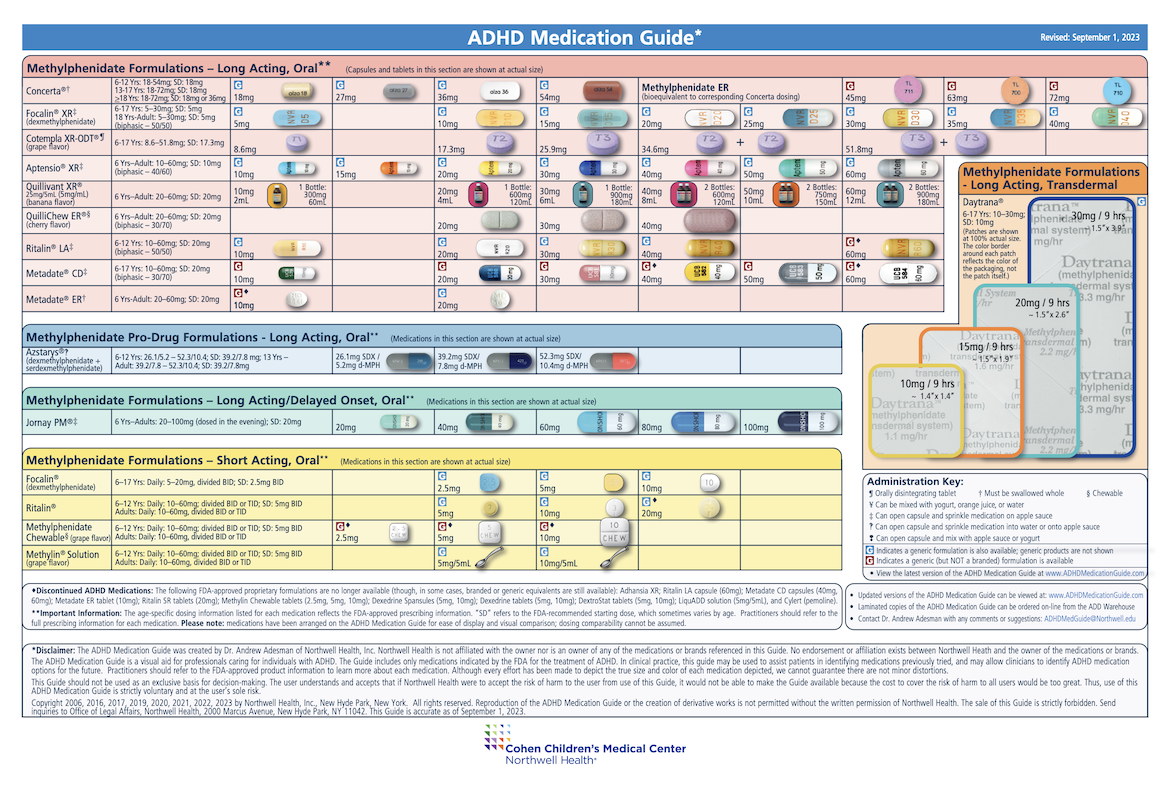Your Guide to Discovering the Right ADHD Therapy for Enduring Outcomes
Browsing the intricacies of ADHD therapy requires a nuanced understanding of both the disorder and the myriad choices available for efficient management. It is vital to identify that what benefit one individual might not always produce the very same outcomes for another. Therefore, a customized method-- including expert guidance, medication, behavioral techniques, and lifestyle adjustments-- becomes paramount. Nevertheless, the journey toward determining the most suitable treatment plan can be fraught with challenges. What are the crucial factors that affect effective outcomes, and how can individuals guarantee they are on the right path?
Comprehending ADHD and Its Effect

In adults, ADHD can cause challenges in workplace settings, impacting efficiency, time monitoring, and social connections. Often, undiagnosed or poorly handled ADHD can add to co-occurring psychological wellness issues, such as anxiousness and anxiety, further making complex a person's general health.
The societal understanding of ADHD can vary, leading to preconception and misunderstanding, which may impede people from looking for help. As recognition grows, it is necessary to foster an environment that advertises understanding and support for those impacted by ADHD, stressing the need for exact diagnosis and customized methods to mitigate its influence on everyday life.
Overview of Therapy Options
A thorough technique to treating ADHD includes a selection of choices tailored to the person's unique requirements. These options can extensively be categorized into behavior interventions, psychoeducation, and way of life modifications, together with medicinal treatments that might be explored later on.
Behavioral treatments, such as cognitive-behavioral therapy (CBT), concentrate on modifying details habits and establishing coping methods to handle symptoms properly. Psychoeducation plays a vital function in encouraging both individuals and their family members by providing info regarding ADHD, its challenges, and effective techniques for support.
Way of life adjustments can dramatically affect ADHD management. Normal physical activity, a well balanced diet, and adequate sleep contribute to total health and sign control. Mindfulness practices and relaxation techniques can additionally enhance focus and lower impulsivity.
Support system and family members therapy can foster a feeling of area and understanding, helping individuals feel much less separated in their experiences. Each treatment choice ought to be taken into consideration together with the person's preferences and scenarios, ensuring a holistic approach that promotes long-term success. Inevitably, the objective is to produce an individualized treatment strategy that attends to the specific difficulties connected with ADHD while enhancing overall high quality of life.
Medication: Benefits And Drawbacks
Medication plays a crucial role in the therapy of ADHD, with various alternatives readily available that can substantially alleviate symptoms for lots of people. Stimulants, such as methylphenidate and amphetamines, are typically recommended and have revealed efficiency in boosting focus, lowering impulsivity, and enhancing overall actions. These medicines work by raising dopamine and norepinephrine levels in the mind, which are frequently dysregulated in those with ADHD.
Some individuals may experience side impacts, including sleep problems, lowered hunger, or enhanced stress and anxiety. In addition, not all patients respond to stimulant medicines, leading some to check out non-stimulant alternatives, which might have a postponed beginning of activity or various side impacts.
It is Behavioral health services important for individuals and their family members to consider these advantages and disadvantages very carefully. Balancing the benefits of sign administration versus prospective adverse effects is vital for accomplishing optimum therapy end results. Partnership with doctor can assist in enlightened choices, making certain that drug becomes part of a detailed ADHD management plan.
Behavioral Therapy Strategies

One frequently utilized technique is Cognitive Behavioral Treatment (CBT), which assists individuals recognize and alter unfavorable idea patterns that add to ADHD-related obstacles. Therapist for ADHD. Via CBT, clients discover to set reasonable goals, handle time successfully, and develop business systems
One more reliable technique is Moms and dad Monitoring Training (PMT), which educates moms and dads on how to strengthen favorable habits and minimize unfavorable ones via regular self-control and communication approaches. This approach promotes a supportive home environment that urges behavioral improvements.
Social skills training is additionally important, helping people with ADHD navigate social communications better. Role-playing and modeling proper behaviors can enhance social competence and minimize stress and anxiety in social circumstances.
Way Of Living Changes for Better Monitoring
Just how can way of life changes substantially enhance the administration of ADHD signs and symptoms? Applying tactical way of living adjustments can bring about substantial renovations in emphasis, organization, and psychological guideline for individuals with ADHD.
To start with, establishing an organized daily regimen helps in producing predictability, which can reduce sensations of overwhelm. Constant schedules for meals, research, and sleep can improve daily functioning.
Including regular exercise is also vital, as exercise has been revealed to enhance dopamine levels, enhancing focus and motivation (Therapist for ADHD). Going for at the very least half an hour of moderate workout most days can be beneficial
Nourishment plays a crucial role. A balanced diet plan abundant in omega-3 fats, whole grains, and protein can support cognitive feature. Restricting processed sugars and high levels of caffeine might decrease symptoms, as these can cause energy accidents and irritation.
Conclusion
In final thought, discovering the best ADHD treatment demands a complex technique that thinks about private needs and choices. Partnership with health care professionals and open interaction with assistance networks are necessary elements in navigating the intricacies of ADHD monitoring, eventually leading to lasting outcomes and enhanced high quality of life.